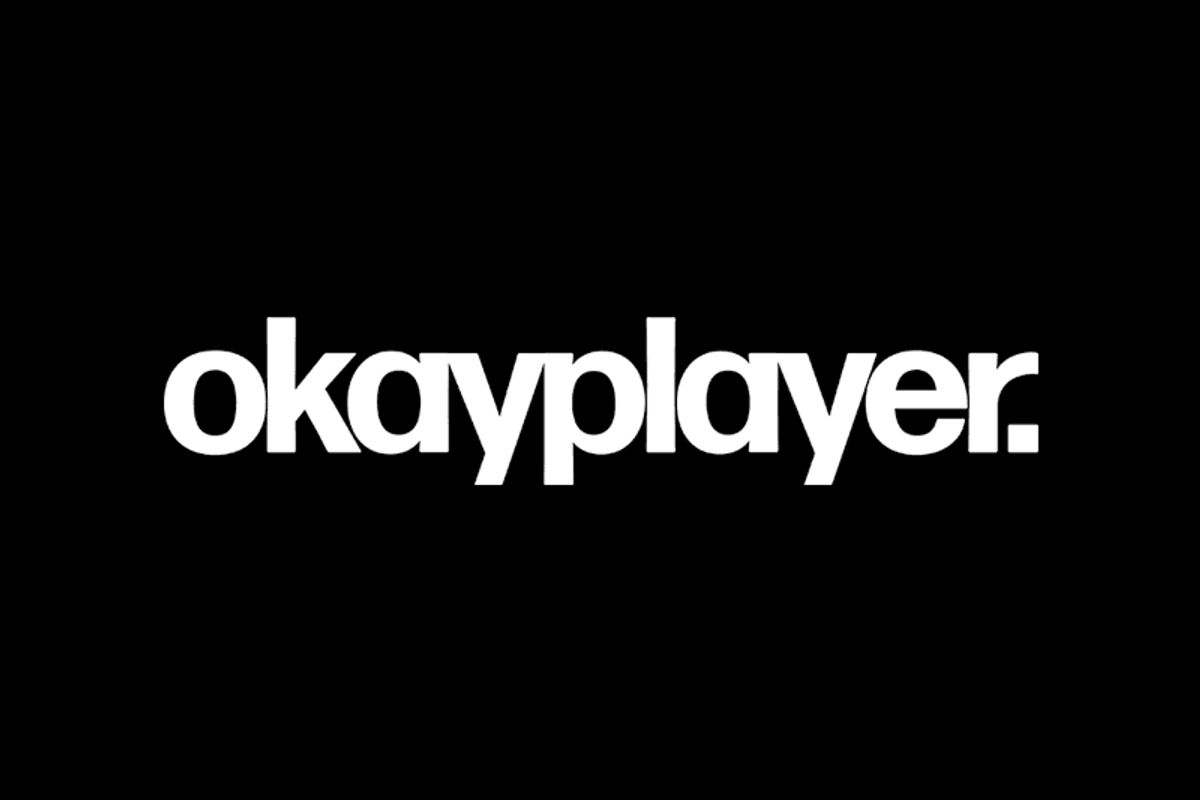
University of Minnesota awards Prince with honorary degree


With no will or testament left in the wake of Prince's death to guide an heir or managing entity in handling The Purple One's estate, the world officially has cause to grow wary of imminent changes taking place in the Paisley Park camp.
Bremer Trust has been tasked with overseeing the estate's dealings while an heir is decided upon by the Minnesota's state court, a process that an attorney close to OKP has claimed could take years to sort out. Now, according to Billboard, a Minnesota judge has ruled that Bremer is officially empowered to make financial decisions on behalf of the estate, likely an effort to mitigate sizable state tax burden that could reduce the estate's value to nearly half its estimated $100-300 million dollar appraisal, based on intellectual property alone.
All of which is to say, that Prince's estate appears to be officially open for business, as the burden alone could force the estate to liquidate assets in a "fire sale" manner that would devalue both his work and the estate to criminally low numbers, potentially putting a life's worth of musical excellence in the wrong hands. The court mandate also established a six-month limit on Bremer's tenure over the estate, who will now begin to combat the rampant bootlegging that has taken place since the icon's passing.
As far as The Vault is concerned, it remains to be seen how its contents will be handled, but longtime Prince tour manager and one-time Paisley Park Records President, Alan Leeds, has a few thoughts. Oddly enough, if the Minnesota legislature had decided to pass the PRINCE Act, some, if not all, of this may have been avoided.